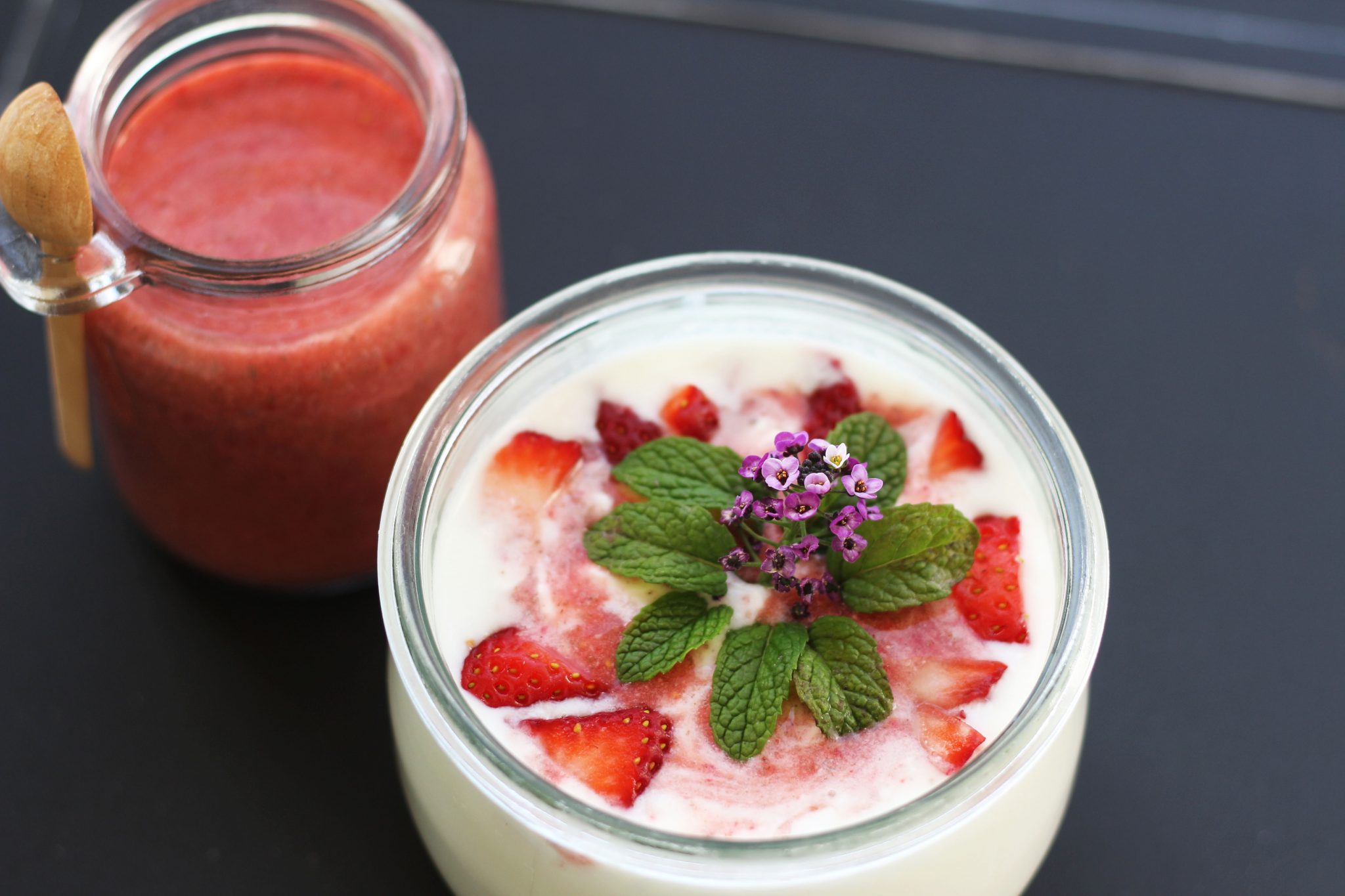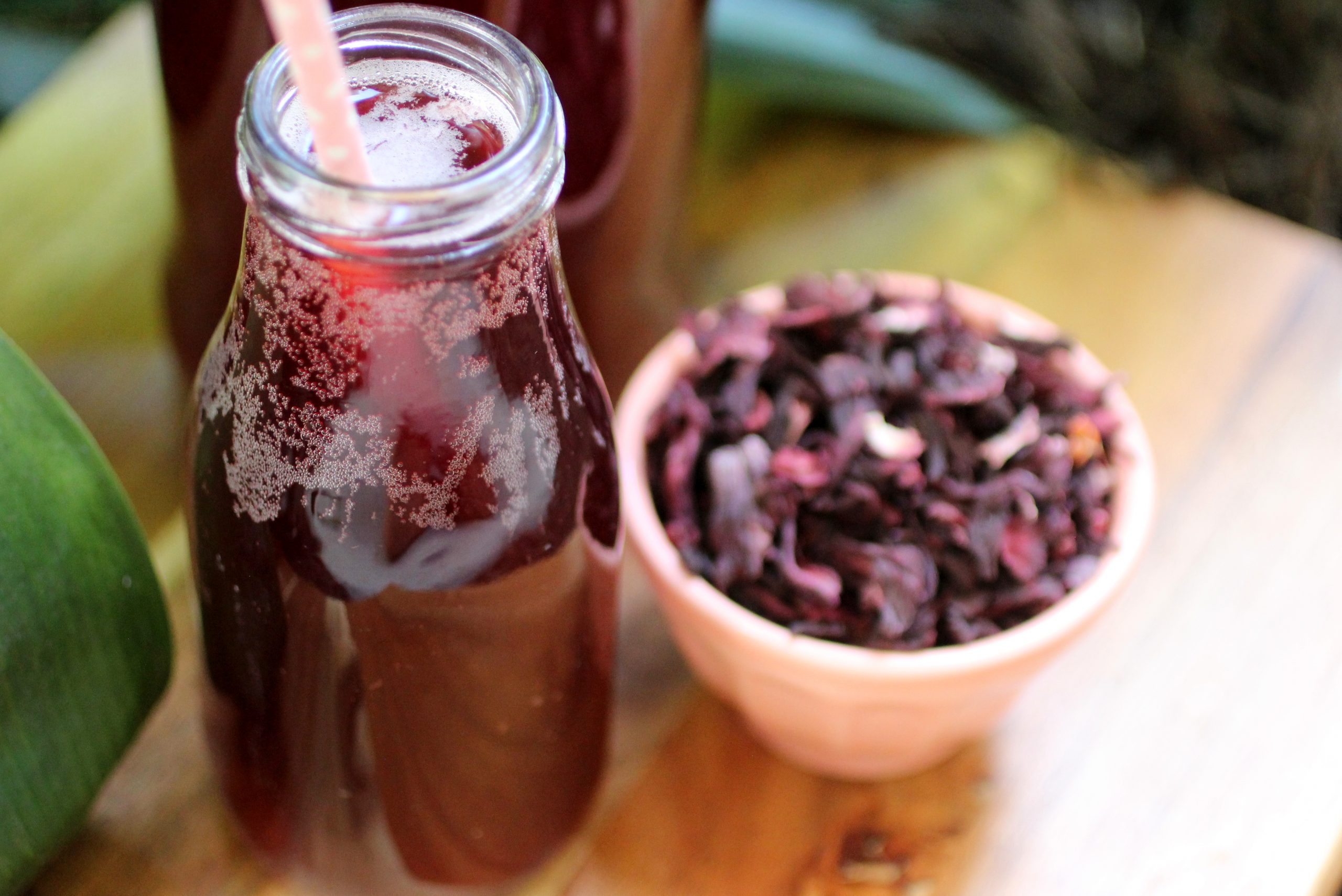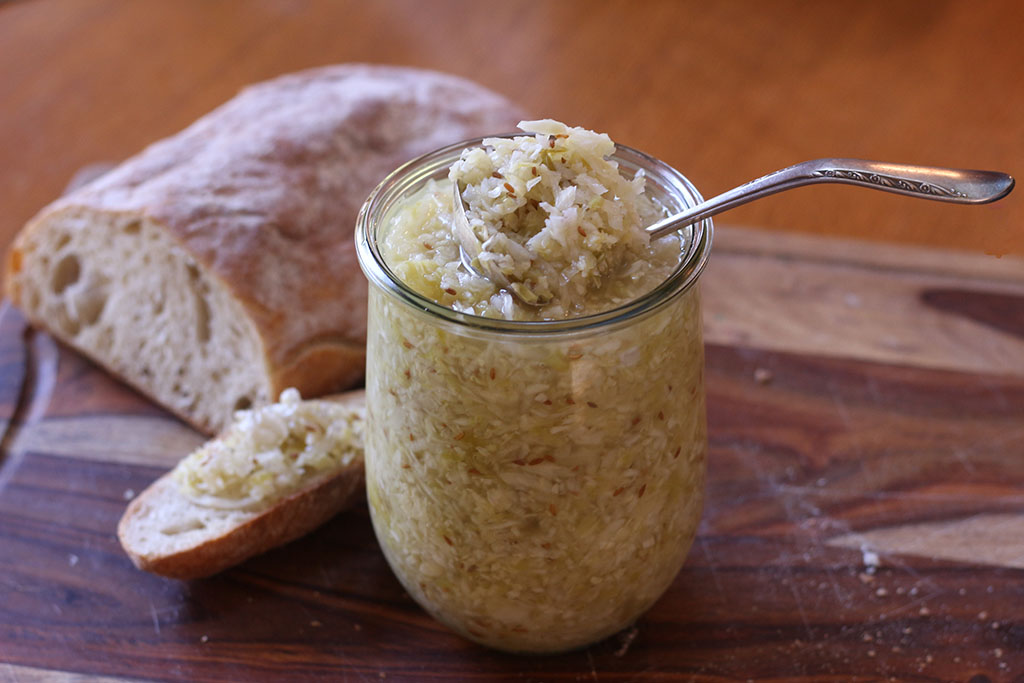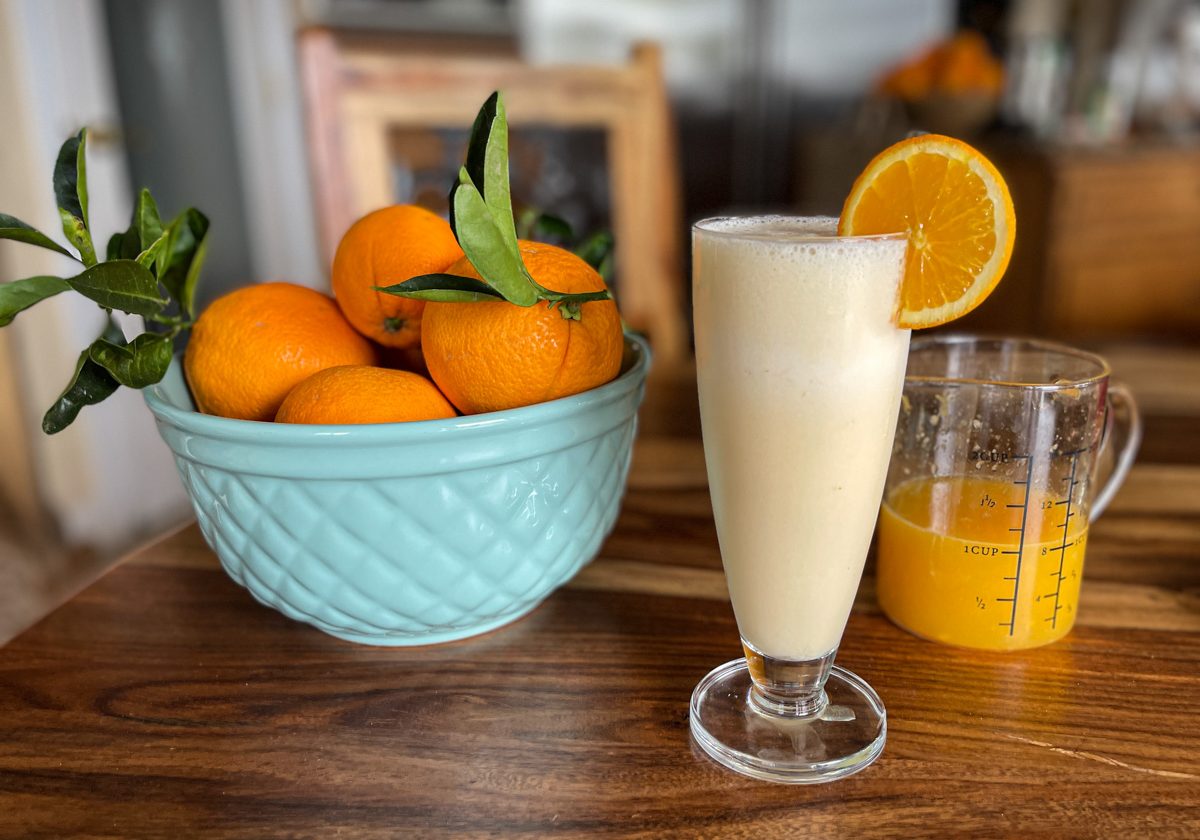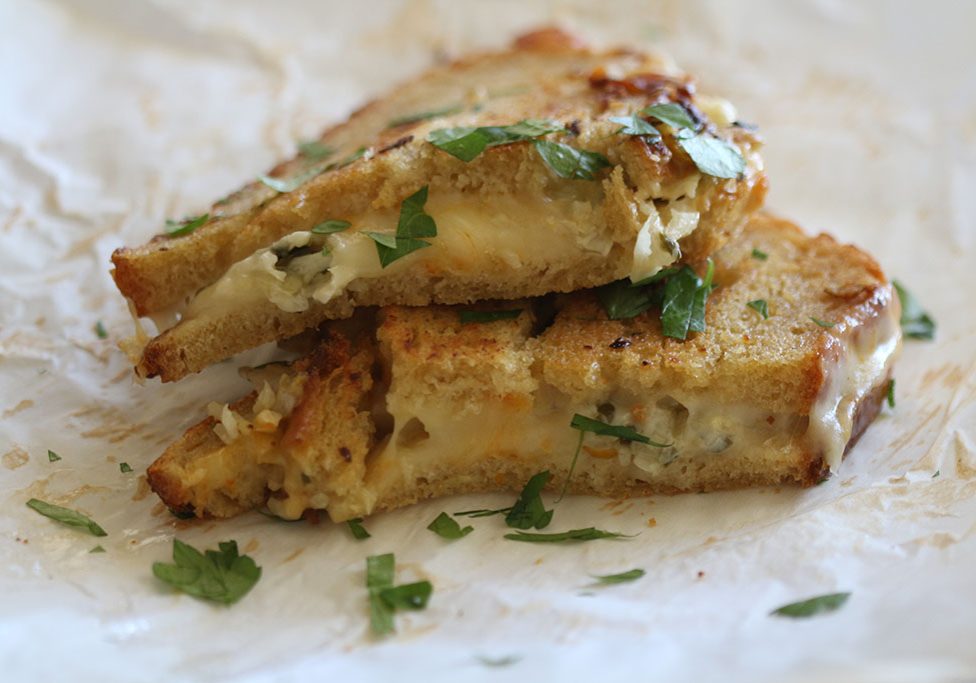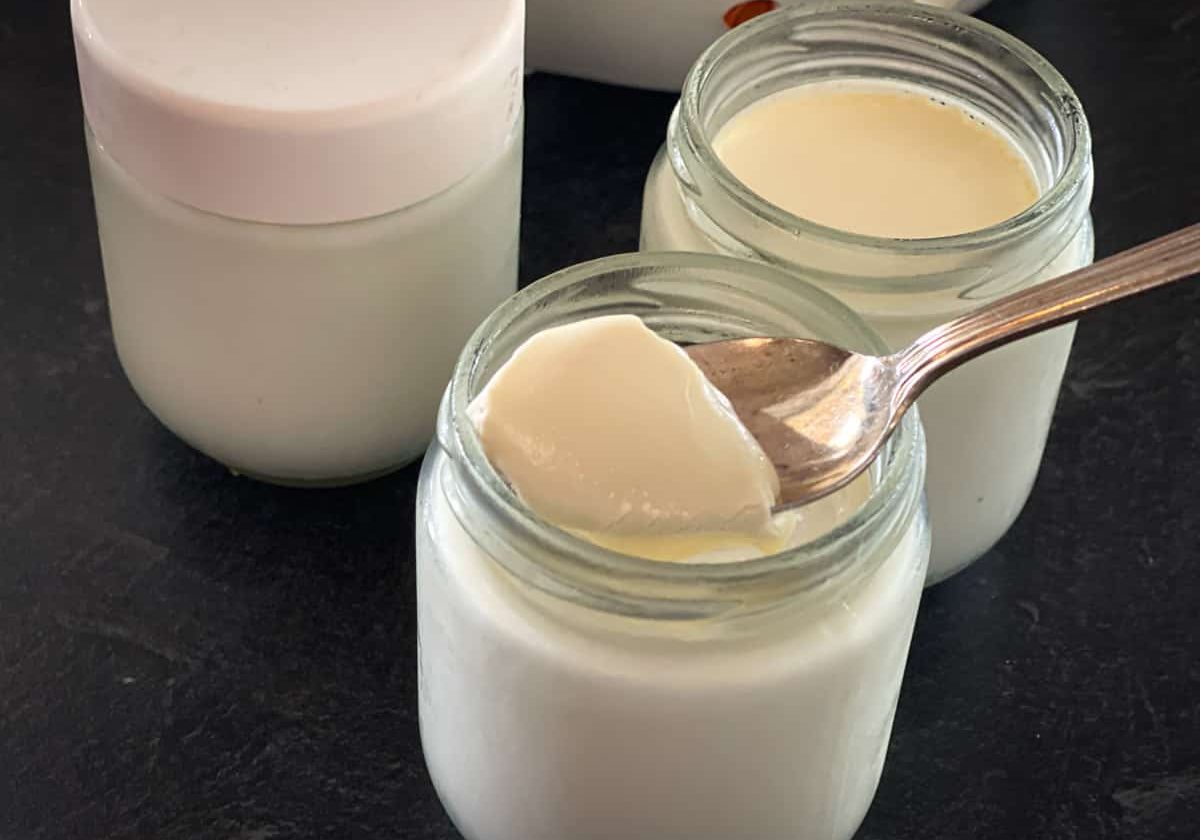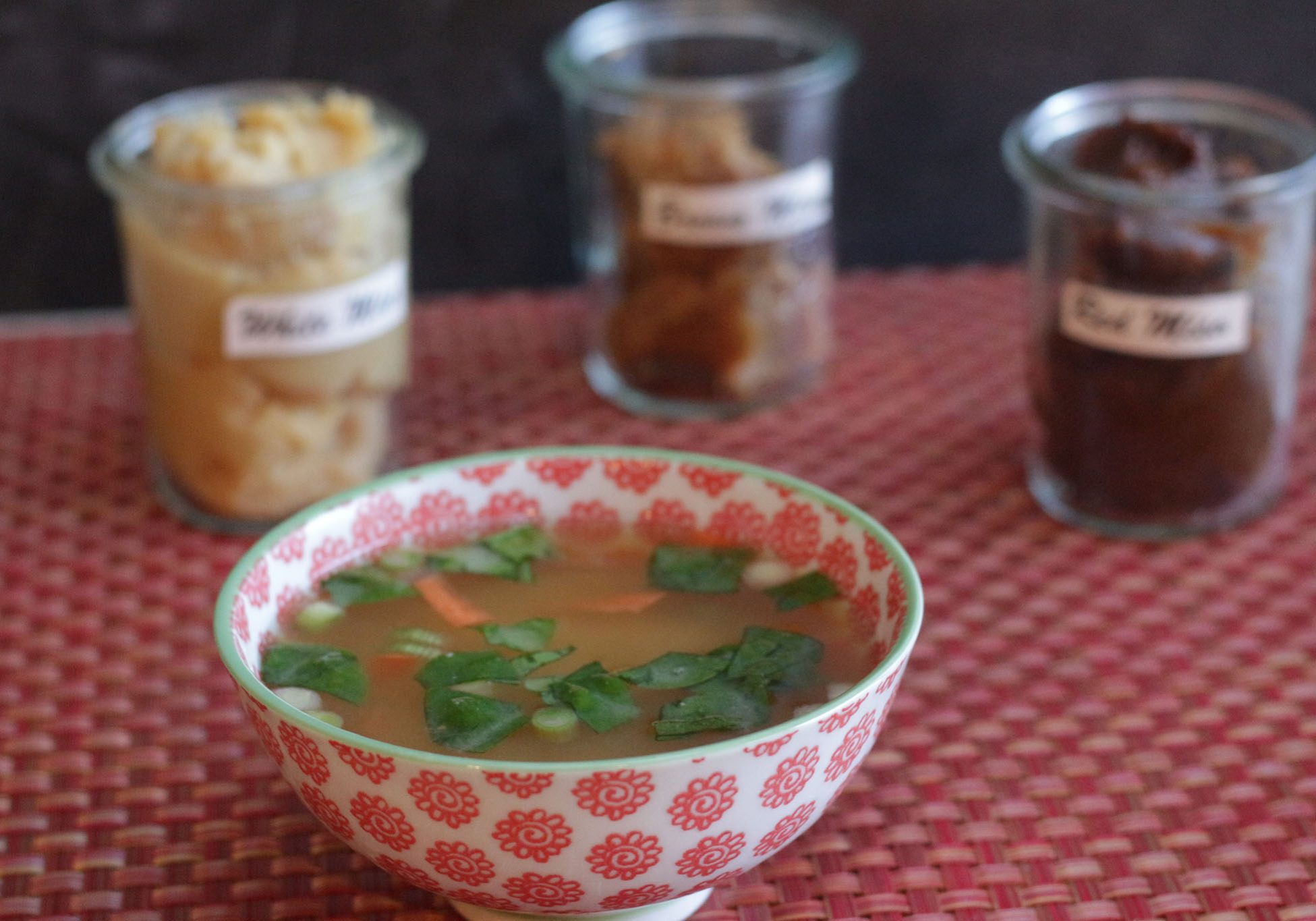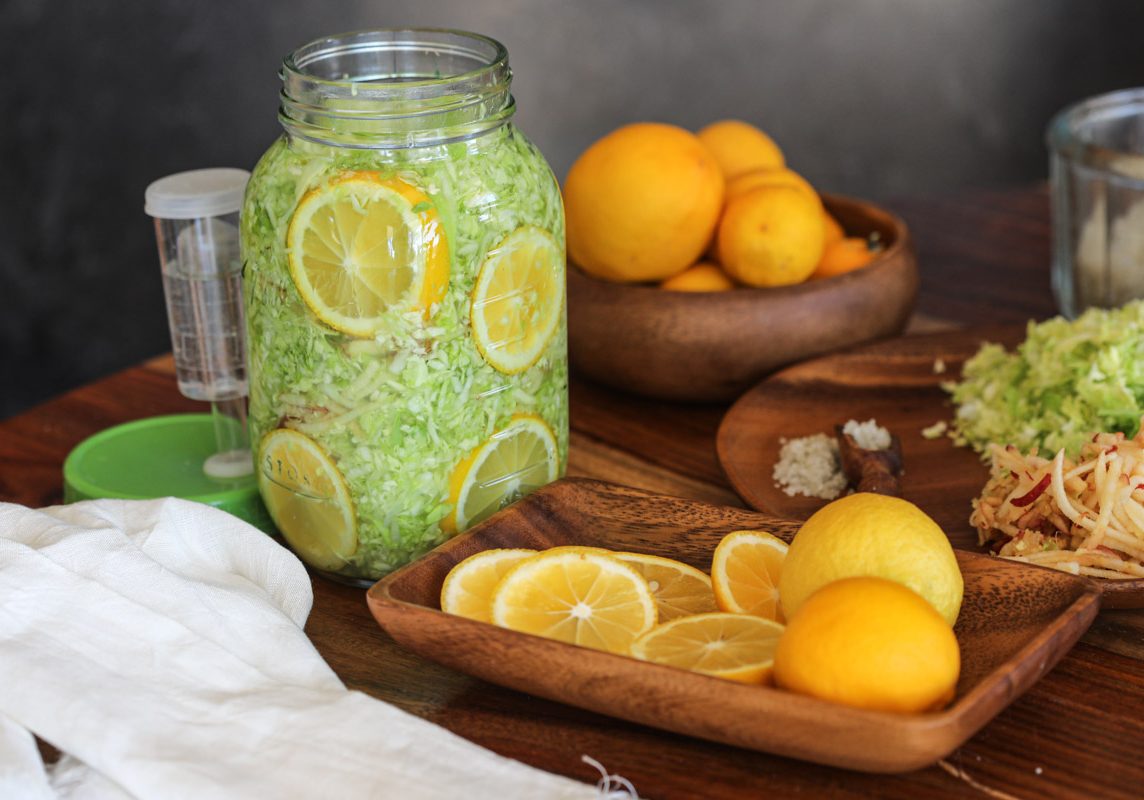
Fermented Foods vs Fiber — Guess Who Wins?
Fermented Foods Stun Researchers
Nothing has changed me more than cultured foods. I've consumed them for over twenty years and nothing is more convincing than your own life experience. I've done many studies on myself and my family and hands down fermented foods are here to stay in my life. They create such wellness for me and mine that there is no way I'm going back to my previous life without them. Diabetes, high blood pressure, and food allergies are just a few of the things we no longer struggle with, and the benefits we've received by and large are so huge I will never stop eating them.
I've also done tons of research on fermented foods, and always have a lot of studies and references on my articles and podcasts. It is so exciting to see the research flooding in with what I had discovered myself many years ago. I wanted to share with you a new study that came out in July 2021. A new friend, William Davis MD author of Super Gut asked me if I had seen the new study done by Stanford School of Medicine on fermented foods versus high fiber diets. I got a flood of emotions when I read it, and I'm always filled with gratitude when these special fermented foods filled with microbes get the recognition they deserve.
The Study
This was a 10-week clinical trial with 36 healthy adults. [1,2] They were randomly assigned to a diet that included either fermented or high-fiber foods. High-fiber foods are certain indigestible fibers that nourish the good bacteria in the large bowel or colon. The body itself cannot digest these foods, but our bacteria can and we receive the benefits. They act as a fertilizer to promote the growth of the good bacteria in our gut. This is essential to the health and function of our immune system. However, you need the microbial strains to digest these fibers. Probiotic foods supply the microbes, and in this study the participants were eating foods such as yogurt, kefir, fermented cottage cheese, kimchi and other fermented vegetables, vegetable brine drinks, and kombucha tea.
The two diets resulted in different effects on the gut microbiome and the immune system. Those who were consuming fermented foods had an increase in overall microbial diversity, with stronger effects from larger servings.
“This is a stunning finding,” said Justin Sonnenburg, PhD, an associate professor of microbiology and immunology. “It provides one of the first examples of how a simple change in diet can reproducibly remodel the microbiota across a cohort of healthy adults.”
19 inflammatory proteins decreased
They also had another surprising finding. Those participants eating fermented foods had four types of immune cells that showed less activation, and they also experienced a decrease in 19 inflammatory protein levels measured in blood samples. One of these proteins, interleukin 6, has been linked to conditions such as rheumatoid arthritis, Type 2 diabetes, and chronic stress.
“Microbiota-targeted diets can change immune status, providing a promising avenue for decreasing inflammation in healthy adults,” said Christopher Gardner, PhD, the Rehnborg Farquhar Professor and director of nutrition studies at the Stanford Prevention Research Center. “This finding was consistent across all participants in the study who were assigned to the higher fermented food group."
High Fiber Results
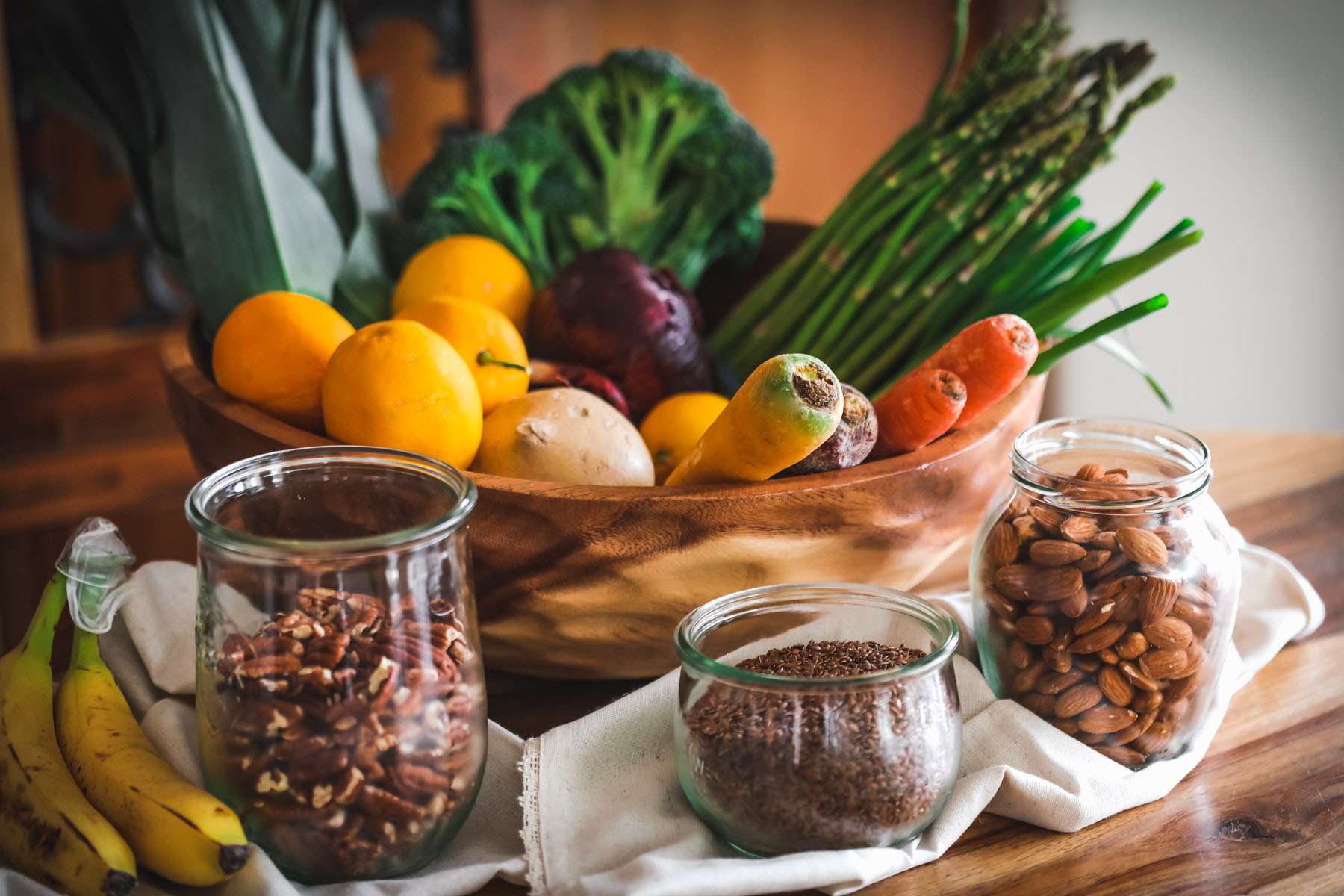
“We expected high fiber to have a more universally beneficial effect and increase microbiota diversity,” said Erica Sonnenburg, PhD, a senior research scientist in basic life sciences, microbiology, and immunology. “The data suggest that increased fiber intake alone over a short time period is insufficient to increase microbiota diversity.”
They also found that the high fiber group which had greater fiber intake led to more carbohydrates in stool samples that were not broken down by the microbes. This is consistent with other research done at the human gut project that says the microbiome of people living in the industrialized world is depleted of fiber-degrading microbes.
“It is possible that a longer intervention would have allowed for the microbiota to adequately adapt to the increase in fiber consumption,” Erica Sonnenburg said. “Alternatively, the deliberate introduction of fiber-consuming microbes may be required to increase the microbiota’s capacity to break down the carbohydrates.”
The study[2] was published online July 12, 2021, in Cell. Justin and Erica Sonnenburg and Christopher Gardner are co-senior authors. The lead authors are Hannah Wastyk, a PhD student in bioengineering, and former postdoctoral scholar Gabriela Fragiadakis, PhD, who is now an assistant professor of medicine at UC-San Francisco.
We Need Fermented Foods and High Fiber Foods
We all need a diverse microbiome to thrive and stay healthy from all manner of diseases and ailments. If your gut has been stripped of many of your most important microbes through antibiotics, a poor diet, and stress then you'll need to replace those strains, and the best way to do this is through fermented foods. Probiotic supplements can be killed in the stomach acids or can open up in places that they don't belong causing problems like SIBO. The body knows how to handle fermented probiotic foods that speed to the parts of the body where they're most helpful and needed. Eating lots of high-fiber foods which are prebiotics is most helpful to feed these species and make them grow and multiply. High fiber foods aren't bad and are essential food for your microbes, but you need the strains too so they can grow and set up your gut for a diverse and healthy microbiome.
What I did in the beginning
When I first got started eating fermented foods I started with kefir and then slowly added cultured vegetables and then kombucha. I call this the Trilogy and it has made all the difference in my life and the lives of so many others. Since that time, I've added other fermented foods like kefir soda, kefir cheese, kefir cottage cheese, different yogurts, sourdough bread, miso, tofu, and . . . well, so many fermented foods have come to make my house their home. I just love them and all they do for me. Despite what you may think, they're easy to make and they make me many a fast meal. Every morning I make a kefir smoothie that takes less than 5 minutes. Miso soup and a sourdough grilled sandwich stuffed with cultured veggies are so yummy and comforting. Afternoon pickup is always kombucha, and dinner can bring a variety of vegetables and protein dishes that feed all those microbes in powerful ways. Top it off with yogurt and jam for dessert and I sure do love my food. This may be why I have so many recipe ebooks for my members each month. I just can't stop coming up with recipes that help people add them to their life. It's so life-changing and I just hope I can encourage you enough that you'll try just one. Here are a few super simple recipes to try that I love and have often. The evidence is in — fermented foods are the way to strengthen your gut flora and keep disease at bay . . . but then I already knew this. It is my heart's strong desire that you know it too. 💝 🦠 I really do love your guts. 🙂
Check out the recipes and see for yourself!
Listen To My Podcast
Nothing has changed me more than cultured foods. I've consumed them for over twenty years and nothing is more convincing than your own life experience. I've also done tons of research on fermented foods, and always have a lot of studies and references on my articles and podcasts. It is so exciting to see the research flooding in with what I had discovered myself many years ago. I wanted to share with you a new study that came out in July 2021. Check out the podcast to learn more.
Are you on the list?
Sign up today and I'll send you my free Getting Started Guide!
Each week I'll send you updates, tips, recipes, and more! You might even be a winner of my weekly giveaway! (starter cultures, memberships, and more!)
Come be a part of my cultured food family!

